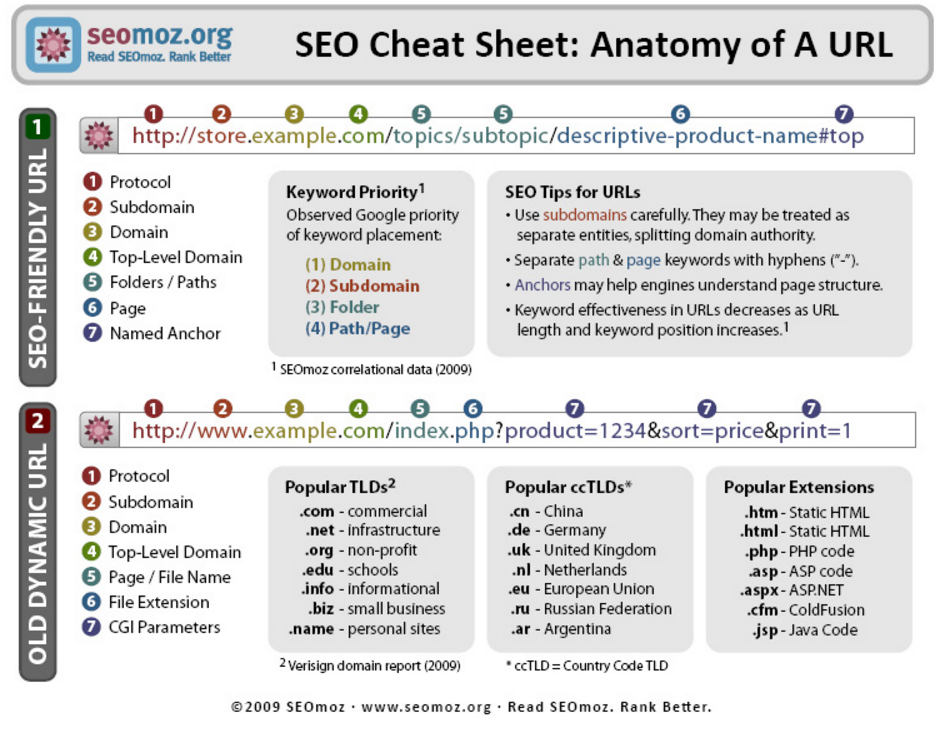The single most widely used platform today across the world is the internet, without any doubt. All the apps, websites, online tools are set on this massive yet connected platform called the internet. For all the websites and their respective pages, we know that the address is what makes it unique and accessible from virtually any device that can connect to the internet. That address is technically called as a URL or Uniform Resource Locator. This is often referred to as a hyperlink. Basically, the URLs were established to replace the IP Addresses for the websites so it could be read manually.
This blog post addresses most commonly asked questions about URLs. In fact, this guide is ALL that can be about URLs. If you are an SEO (O as in Optimizer), or a Search Engine Marketer – you will still find some useful content here. Just hang in there…
It’s often said that URLs must not be gibberish, meaning, it must not have any random content or auto-written text like random text or numbers. Instead, this must be carefully crafted as if you are accessing an organized folder with the contents having meaningful file names.
Eg. of a great URL: http://www.example.com/category-word/subcategory-word/main-word-or-phrase.html
Here are 7 different best practices to construct a URL:
- URLs must use hyphens to separate words. No spaces nor underscores as a best practice. Also, limit the use of hyphens too, so you don’t appear to be spammy. Less is more.
- Never use more than 2048 characters when writing your URLs.
- It’s good to mention the month and year in order to appear as fresh content in search results. However, if you have content that is timeless, remove the month and year from your URLs for those pages.
- Remember, the URLs are the core contents that a search engine has for breakfast, lunch and dinner. So let the words you use to construct be meaningful.
- Similarly, a URL that sits within an anchor text has a double advantage. Ensure your anchor text that carries the URL within, has semantic words that describe what the URL is about. This again helps search engines to understand what your URL is all about and can enhance both reader experience and SEO ranking for your blog.
- Just remember not to index any URL that are:
- Landing pages
- Sales pages
- Free content pages on your blog (that has download links) – which otherwise you will offer your readers after some sort of transaction with your website – either an email sign up, or purchase, or both.
- Here is a cheatsheet that Moz has created that talks about different components of a URL which you might find useful:

If you really want to get your hands dirty knowing more about URLs, here is a great article from Added Bytes on rewriting URLs for improving the usability and search friendliness of your site.
Leave a Reply